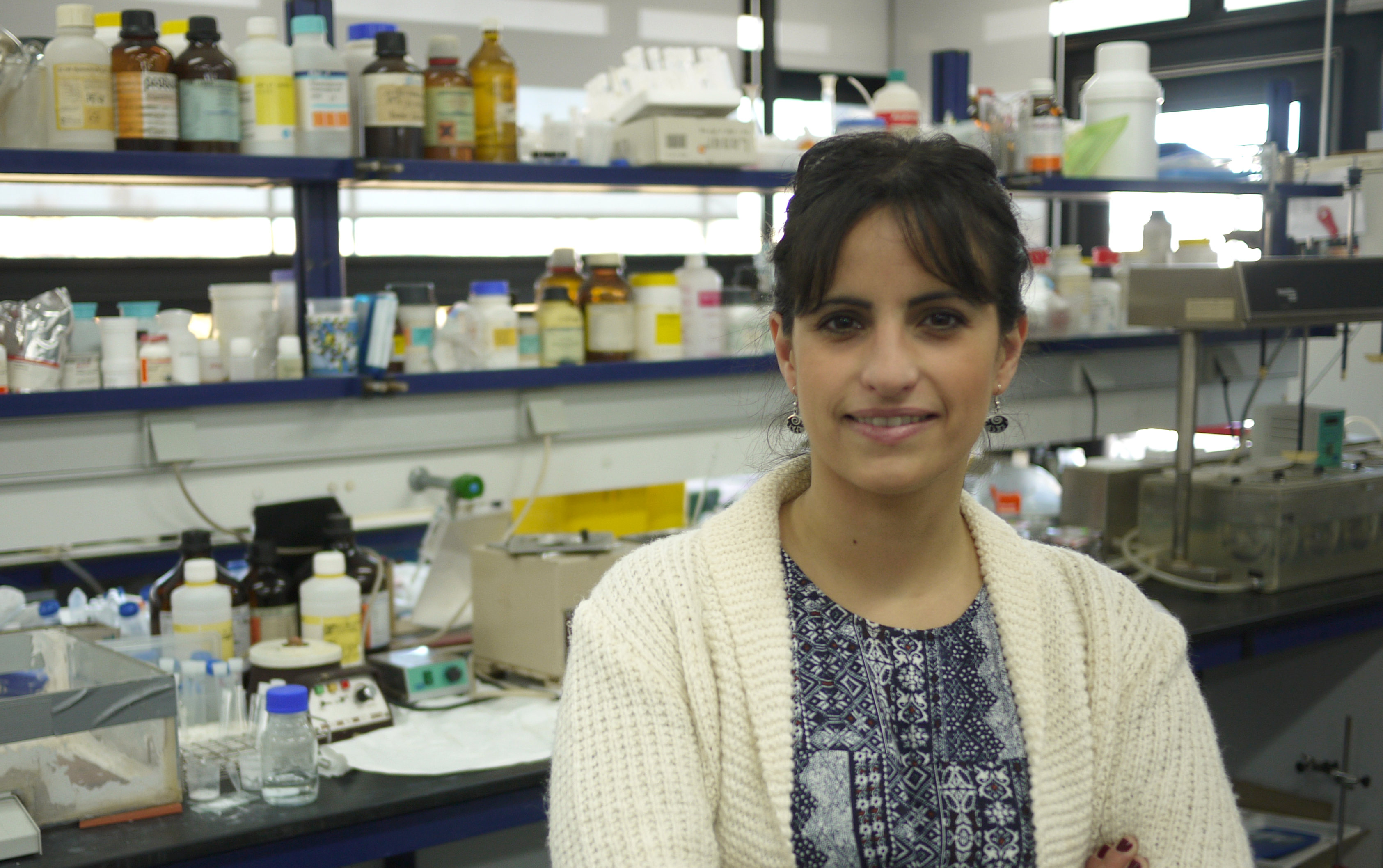
A study led by Professor Lucía Hipólito, from the Department of Pharmacy and Pharmaceutical Technology of the University of Valencia, has revealed a new mechanism to treat chronic inflammatory pain that could help reduce the drug doses necessary for treatments.
The project was developed during the researcher’s stay at Columbia University Medical Center in New York —in the group led by Dr Zara Melyan and Dr José A. Morón— and it concluded that the small potassium channel plays a fundamental role in regulating the neuronal excitability of the spinal cord. The findings of this work have just been published in the journal PAIN.
The study focuses on the activity of the neurons located in the dorsal horn, where painful stimuli from any injured area of the body and analgesic information coming from the brain begin to be processed. "One of the properties of these neurons is increased excitability in sensitive conditions such as chronic pain and, consequently, increased sending of pain signals to the brain", explains Lucia Hipólito, who states that the role of the small potassium channels in the hyperexcitability of spinal neurons was so far unknown.
Knowing how these small potassium channels work could help reduce the use of drugs in patients with chronic inflammatory pain. In fact, "it also opens the way to using drugs that block the NMDA receptor —another regulator of neuronal excitability leading to hypersensitivity in painful processes— and to avoiding the serious side effects resulting from their high toxicity —sedation, nausea, dissociative reactions, behaviour modification, etc.— nowadays induced by these drugs”, argues Hipólito. The researcher also points out that these conclusions are still at an experimental stage and their implementation would require prior development of human clinical trials.
A NEW THERAPEUTIC STRATEGY
The study published in the journal of the International Association for the Study of Pain shows, in the opinion of Professor Lucía Hipólito, that the combination of small potassium channels-activating drugs and NMDA receptor-blocking drugs "does not only reduce the feeling of pain but the low doses necessary also avoid undesirable side effects".
"Overall, our studies show a new therapeutic strategy for the treatment of chronic inflammatory pain that deserves further study for its potential use in clinical medicine", says the professor of the University of Valencia.
Lucía Hipólito carries out her teaching and research activities in the Department of Pharmacy and Pharmaceutical Technology of the Faculty of Pharmacy. She conducted pre-doctoral research at the University of Cambridge and at the University of Medicine of New Jersey (UMDNJ), and completed her postdoc studies at Columbia University, where she focused on the study of chronic pain and opioid addiction. Her research group at the University of Valencia, led by Professors Ana Polache and Luís Granero, develops two lines of research on addictive disorders. One analyses the role of metabolism in the phenomena of alcohol relapse, while the other revolves around inflammatory chronic pain as a factor that could have an effect on addictive disorders.
In vivo activation of the SK channel in the spinal cord reduces the NMDA receptor antagonist dose needed to produce antinociception in an inflammatory pain model. Lucía Hipólito, Amanda K. Fakira, David Cabañero, Rebecca Blandón,
Susan M. Carlton, Jose A. Morón and Zara Melyan. Pain. 2015 Feb 13. DOI: 10.1097/j.pain.0000000000000124
Images:
.jpg)











